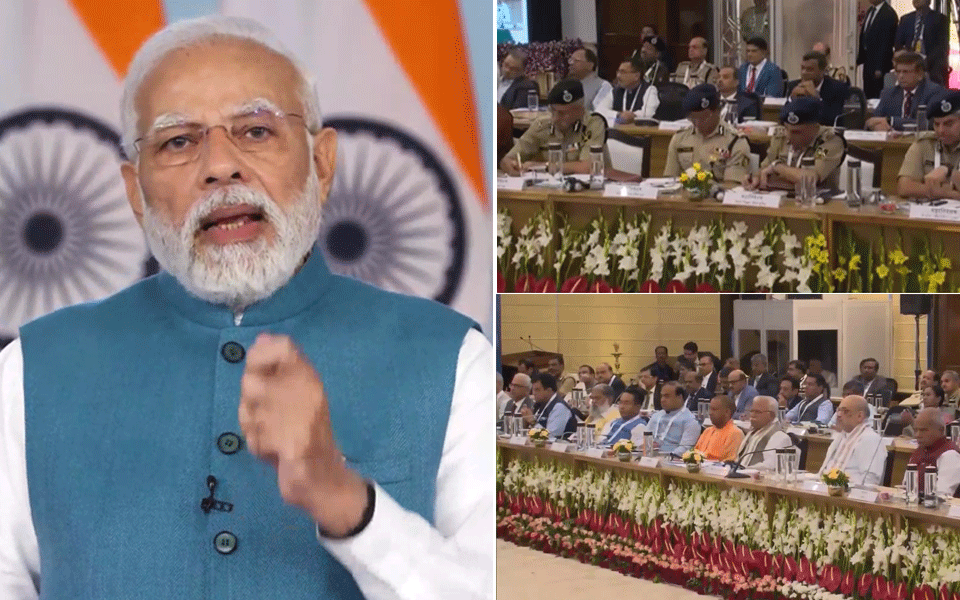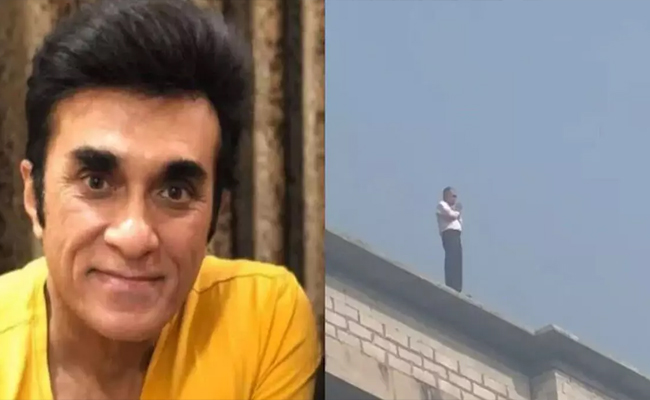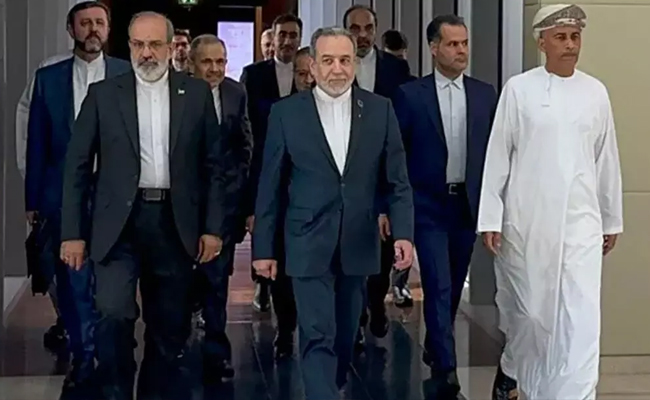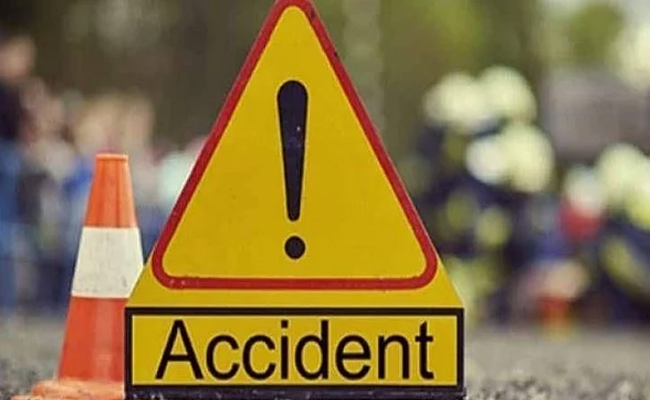Surajkund (Haryana) (PTI): Prime Minister Narendra Modi on Friday mooted the idea of "One Nation, One Uniform" for police, saying it is just a suggestion and he is not trying to impose it on the states.
Addressing a "Chintan Shivir" of state home ministers, Modi also advocated close cooperation among the states to tackle crimes and criminals.
He said cooperative federalism was not only the feeling of the Constitution but also the responsibility of the states and the Centre.
"The One Nation, One Uniform for police is just an idea. I am not trying to impose it on you. Just give it a thought. It may happen, it may happen in 5, 50, or 100 years. Just think over it," Modi said.
The prime minister said he thinks that the identity of the police across the country could be identical.
He also urged the state governments to review old laws and amend them to the current context as he batted for coordinated action by all the agencies to meet the emerging challenges of law and order and security.
Modi said it was "very important" to maintain a good perception of police and the "wrongs here" should be addressed.
He said police and intelligence agencies should cooperate with each other to ensure efficiency, better outcome and protection for the common man.
The prime minister said the good old system of generating human intelligence by the police and security agencies should be strengthened for achieving better results.
Let the Truth be known. If you read VB and like VB, please be a VB Supporter and Help us deliver the Truth to one and all.
Ranchi (PTI): A Ranchi-based businessman died allegedly by suicide by jumping from the sixth floor of his apartment here, police said on Friday.
The incident took place around 10:30 pm on Thursday in Hindpiri police station area, they said.
“The deceased, Anurag Sarawgi, was heard speaking to someone over the phone in a loud tone. The door of his room was bolted from inside. He then suddenly jumped from the sixth floor of the apartment,” SP (City) Paras Rana told PTI.
No suicide note was recovered from his room, Rana said.
A thorough investigation is underway, the SP added.
(Assistance for overcoming suicidal thoughts is available on the state’s health helpline 104, Tele-MANAS 14416.)





